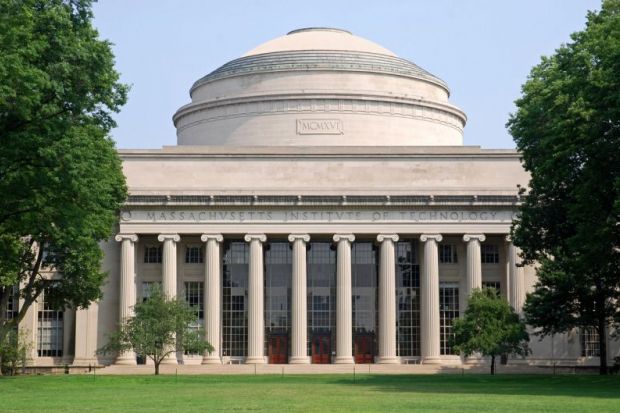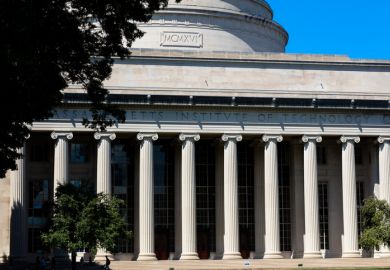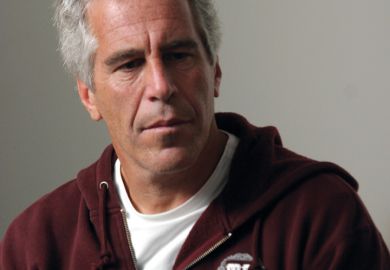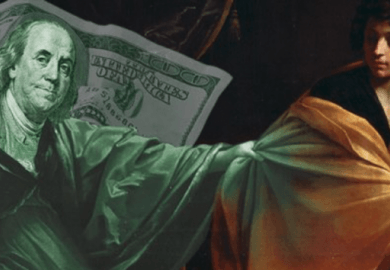US universities are likely to become more transparent and more cautious when considering philanthropic donations in the wake of recent scandals, but scholars consider that there is little chance of a major overhaul of fundraising guidelines.
The Massachusetts Institute of Technology published a report earlier this month acknowledging that its policy had not been sufficiently clear on handling donations from sex offenders, after it came to light that the institution had accepted money from Jeffrey Epstein long after his 2008 guilty plea to a charge of procuring a teenage girl for prostitution.
Among his recommendations for the university going forward, MIT president Rafael Reif said he wanted clear policies for handling controversial donors.
Meanwhile, Tufts University issued a report last month on its relationship with the Sackler family and the pharmaceutical firm Purdue Pharma, which has faced intense criticism and lawsuits for its role in the North American opioid crisis. The report recommended “increased formality and due diligence with respect to gifts and donations”, including the creation of “a high-level university-wide gifts policy committee”.
Stanley Katz, professor of public and international affairs at Princeton University and an expert on philanthropy and non-profit institutions, said these cases have “reawakened American cultural institutions to the need to be at the very least more transparent and, I would hope, also more careful” when it comes to donations.
“We are certainly going to see at least what I call a facial shift. That is to say institutions now recognise that there is a potential liability in gifts from unreliable people, and there has been a little bit of movement to change policies to accommodate that,” he said.
However, Professor Katz said he was “very sceptical” that any changes would “cut very deep”, adding that the biggest issue was how to define “tainted money”.
“There are a lot of Americans who consider Amazon a morally questionable organisation. Should we refuse to accept money from Jeff Bezos?” he asked.
“In a difficult situation, cultural institutions, and especially universities, are likely to do an ostrich on this one.”
Mark Dodgson, professor of innovation studies at the University of Queensland and co-author of a forthcoming book titled Philanthropy, Innovation and Entrepreneurship: An Introduction, said universities have policies on donations but “the issue is whether they are being adhered to”.
“University advancement offices are becoming more professional, conducting due diligence on donors, but being between a vice-chancellor and a large pot of money is never a comfortable place to be,” he said.
Professor Dodgson added that philanthropy “works best when universities build strong relationships and partners share a vision and embrace a common strategy and mission”.
“Policies have to be directed to partnerships based on shared values. Professionals leading university fundraising efforts need to fully appreciate the culture and practices of the institution they are representing,” he said.
However, Professor Dodgson said, there were “dangers in curtailing philanthropic donations” because they can fund “highly innovative, speculative and risky research” that governments are unlikely to support.
Register to continue
Why register?
- Registration is free and only takes a moment
- Once registered, you can read 3 articles a month
- Sign up for our newsletter
Subscribe
Or subscribe for unlimited access to:
- Unlimited access to news, views, insights & reviews
- Digital editions
- Digital access to THE’s university and college rankings analysis
Already registered or a current subscriber?








